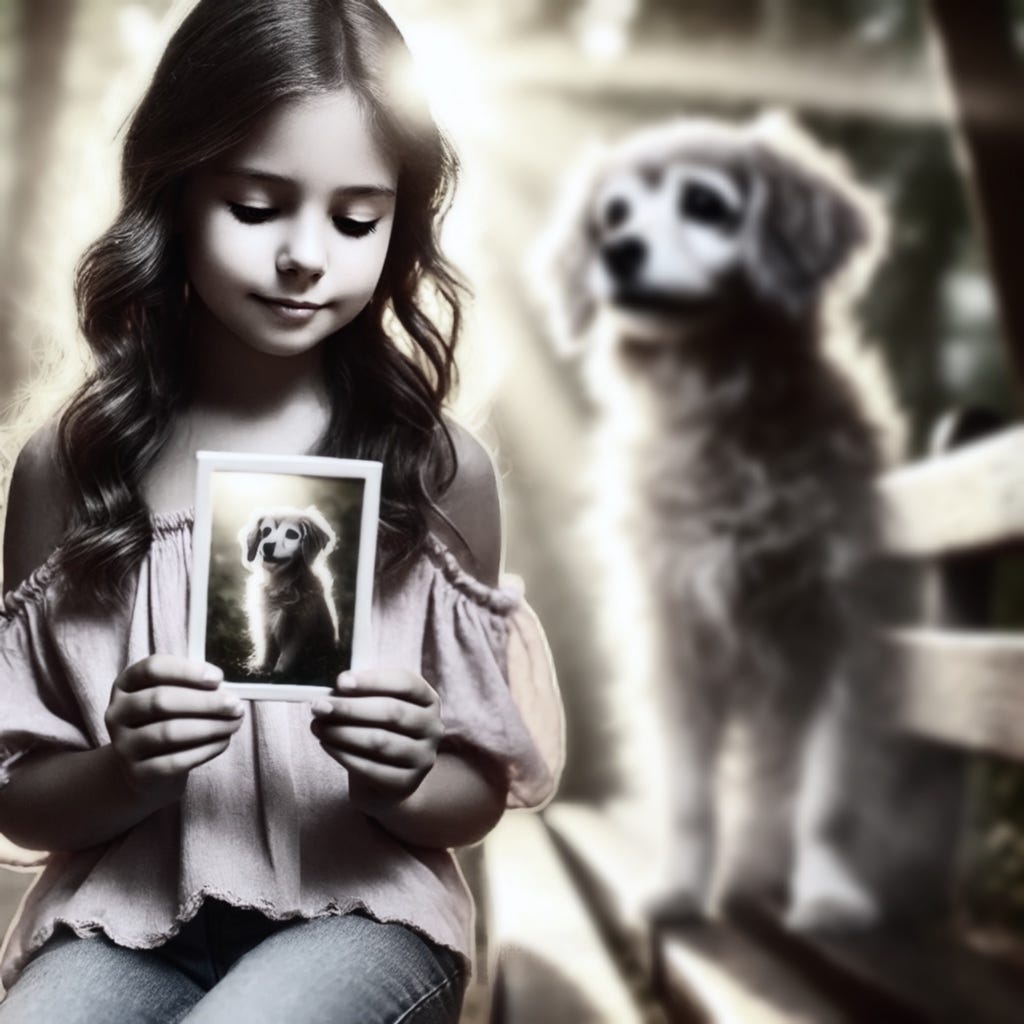What if We Came to Love How Complicated Life is?
Maybe meaning is found in the hard
Sarah clenched her hands together, her heart racing as she watched her dog take his last breath—sweet, sweet Dog. Tears fell freely from her eyes, blurring her vision. She felt her heart would never heal from losing her four-legged companion, her best friend, since she was ten. She vowed never to love a dog again. She was twenty-two.
Six years later, as she recounted the story, I asked if she had a new dog. She laughed and told me about her new pet, also named Dog. When I asked her about the possibility of more pain, she responded, “Life can be complicated.
”
Two of my daughters spent last week helping freshmen move into their college dorms. Meanwhile, my youngest daughter began her journey toward becoming a nurse, attending her first week of college classes.
About ten hours away, my alma mater sat vacant and still. For the first time in over 100 years, freshmen would not be moving in this year. The school is shutting down for reasons I do not fully understand.
I haven’t said much publicly about the school’s closure because I’m still uncertain about how I feel.
I can’t discuss that place without acknowledging how much it shaped me. Yet, it was also one of the loneliest periods of my life—some of which, I admit, was self-inflicted.
For many years, I couldn’t think about the school without feeling a pang of regret. A deep sadness thrummed in my heart as I reflected on parts of my time there.
Like most things in life, it’s complicated.
And that’s the point of this post.
Life is often complicated.
There are places where life is hard and perhaps unfulfilling, but we’re still profoundly shaped by our time in those places.
Lately, I’ve been reflecting on how complex life is and how often people create more trouble for themselves by trying to simplify what’s inherently complicated.
People try so hard to simplify complex things. They draw thick lines to make difficult situations black and white, creating an “us versus them” world that they often criticize.
“You’re either all this or all that!” is juxtaposed against “How can you judge me?” and “If you’re not angry, you’re part of the problem! We are not the same!”
It’s like an infection of all-or-nothing thinking has permeated our souls.
Last week, I saw a meme that said, “You can’t hate the experiences that shaped you and love yourself.”
But that’s absurd to me.
What about the person who was sexually assaulted as a child? Can’t they hate the experience while accepting how it shaped them?
I later discovered that the person who said that quote is an author. I’m sure there are things she’s written that would resonate deeply within my soul.
Because, well, life is complicated.
Good people do bad things.
Bad people do good things.
Most of us live somewhere in the middle—bumbling and fumbling, hurting those we love moments after doing something selfless for a complete stranger.
Sometimes, I wonder if there isn’t beauty in the middle. Perhaps the peace so many of us desperately seek lies somewhere in that messy middle.
Would we have less anxiety if we embraced life’s complexity?
In trying to make everything simple, we’ve chased after edicts and control.
We’ve instituted policies and procedures that, in our hearts, we know probably won’t work. Yet we stick with them, hoping they will somehow help us avoid pain, complications, disappointments, and maybe even growth—as if we could somehow grow without facing complications and pain.
So often, I pause to reflect on these complexities.
I sit and observe the pain people bring into their lives by pretending everything is simple.
I’ve done it myself—yelling out a punishment to my children without first trying to understand the situation.
And I wonder…
I wonder if we would serve ourselves better by embracing life’s complications. I wonder if we could live fuller, happier lives if we embraced the inconsistencies and simply sat with them.
What if I stopped trying to make things that don’t make sense make sense?
What if I just sat in the tension?
What if we could see someone who voted for the “other party” as more than their vote?
What if we could see someone more conservative or more liberal than us as more than their political ideology?
What would that world look like?
I’d love to find out.
It starts with us embracing life’s complications.
Of course, some things aren’t complicated—they’re simple. But even that simplicity is often, well, complicated.


